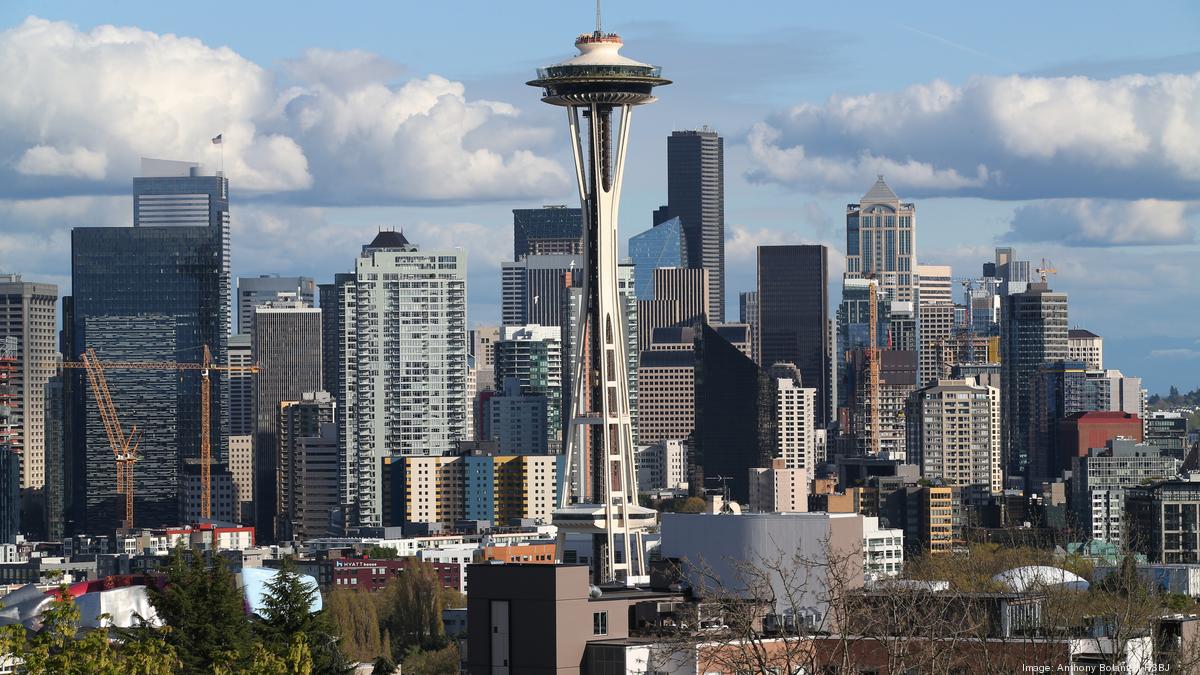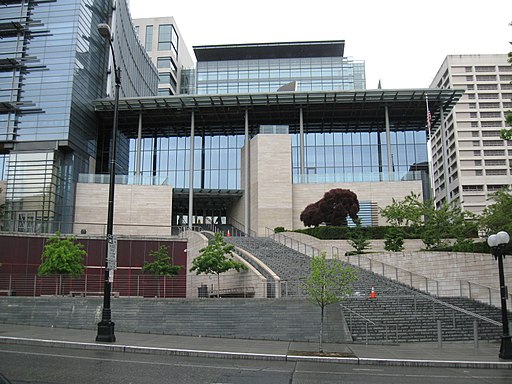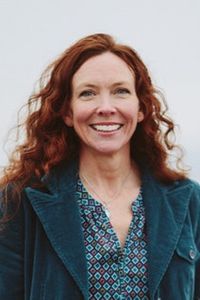Tag: Seattle
-
Voters in Seattle deciding on four local ballot measures on Feb. 11, including two competing measures

Seattle voters will be deciding on two competing propositions as well as two school district levy renewals on Feb. 11. The competing measures are Propositions 1A and 1B. Proposition 1A (previously Initiative 137) is a citizen-initiated measure, and Proposition 1B is an alternative measure referred to the ballot by the Seattle City Council. Voters will…
-
Voters in Seattle approve Initiative 135, creating the Social Housing Developer

On Feb. 14, voters in Seattle, Washington, approved Initiative 135, a citizen-initiated measure to create the Seattle Social Housing Developer, a public development organization that will own, develop, and maintain what the initiative describes as social housing. As of Feb. 21, election results showed the initiative received 57.1% of the vote. According to Initiative 135,…
-
Seattle to decide on Social Housing Developer initiative on Feb. 14

On Feb. 14, Seattle voters will decide on Initiative 135, an initiative to create the Seattle Social Housing Developer, a public development authority to own, develop, and maintain what the initiative describes as social housing. According to Initiative 135, this housing would provide publicly financed apartments that are “removed from market forces and speculation” and…
-
Seattle voters to decide on whether to adopt approval voting or ranked-choice voting for city primary elections

In November, Seattle voters will vote on Proposition 1A and 1B to decide whether to adopt an approval voting system or a ranked-choice voting system for municipal primary elections. Currently, Seattle uses a plurality voting system for primary elections for the mayor, city attorney, and city council, in which the candidate receiving the most votes…
-
Kshama Sawant defeats recall effort

District 3 City Councilmember Kshama Sawant defeated a recall effort in Seattle, Washington. The election was held Dec. 7. As of Dec. 16, there were 306 more votes opposed to the recall than supporting it. Results will be certified Dec. 17. The Seattle Times reported, “Any challenged ballots resolved between the time votes were counted…
-
Initial results in recall of Seattle City Councilmember Kshama Sawant

Seattle held an election on Dec. 7 asking voters if District 3 City Councilmember Kshama Sawant should be recalled. Initial results published on election night showed 53% supporting the recall and 47% opposing it. Washington uses mail-in voting, and ballots needed to be postmarked by election day. King County Elections will continue counting mail ballots…
-
New PAC raising money in support of Sawant recall

Seattle’s District 3 voters will decide on Dec. 7 whether to recall City Councilmember Kshama Sawant on the grounds of misusing city funds for electioneering purposes, disregarding regulations related to COVID-19, and misusing her official position. Sawant’s official response referred to the effort as a right-wing recall and said, “The charges against Kshama Sawant are…
-
Davison declared winner in Seattle city attorney race

Ann Davison defeated Nicole Thomas-Kennedy in the general election for city attorney of Seattle, Washington, on Nov. 2, 2021. According to King County’s unofficial election results updated on Nov. 4, Davison received 55.1% of the vote to Thomas-Kennedy’s 44.1%. Crosscut, a nonprofit Seattle news site, said the race was “one of clear contrasts and highlights…
-
Where things stand in Seattle’s elections
Seattle, Washington, held elections for mayor, two at-large city council seats, and city attorney on Nov. 2. Ballots needed to be postmarked by that day to be counted in the election. King County Elections will continue counting ballots until results are certified on Nov. 23. The following are preliminary results reported on election night. Mayor…

